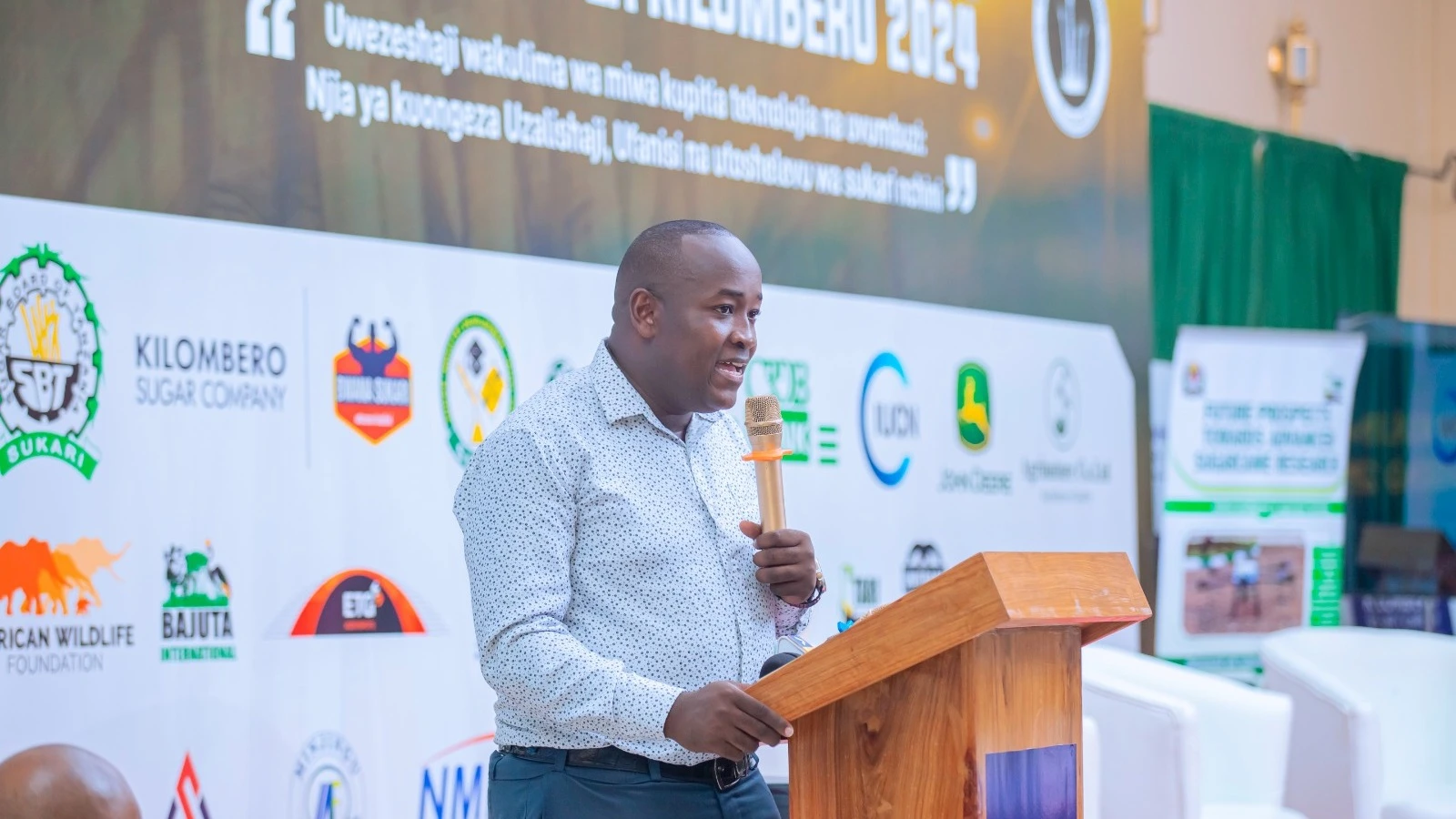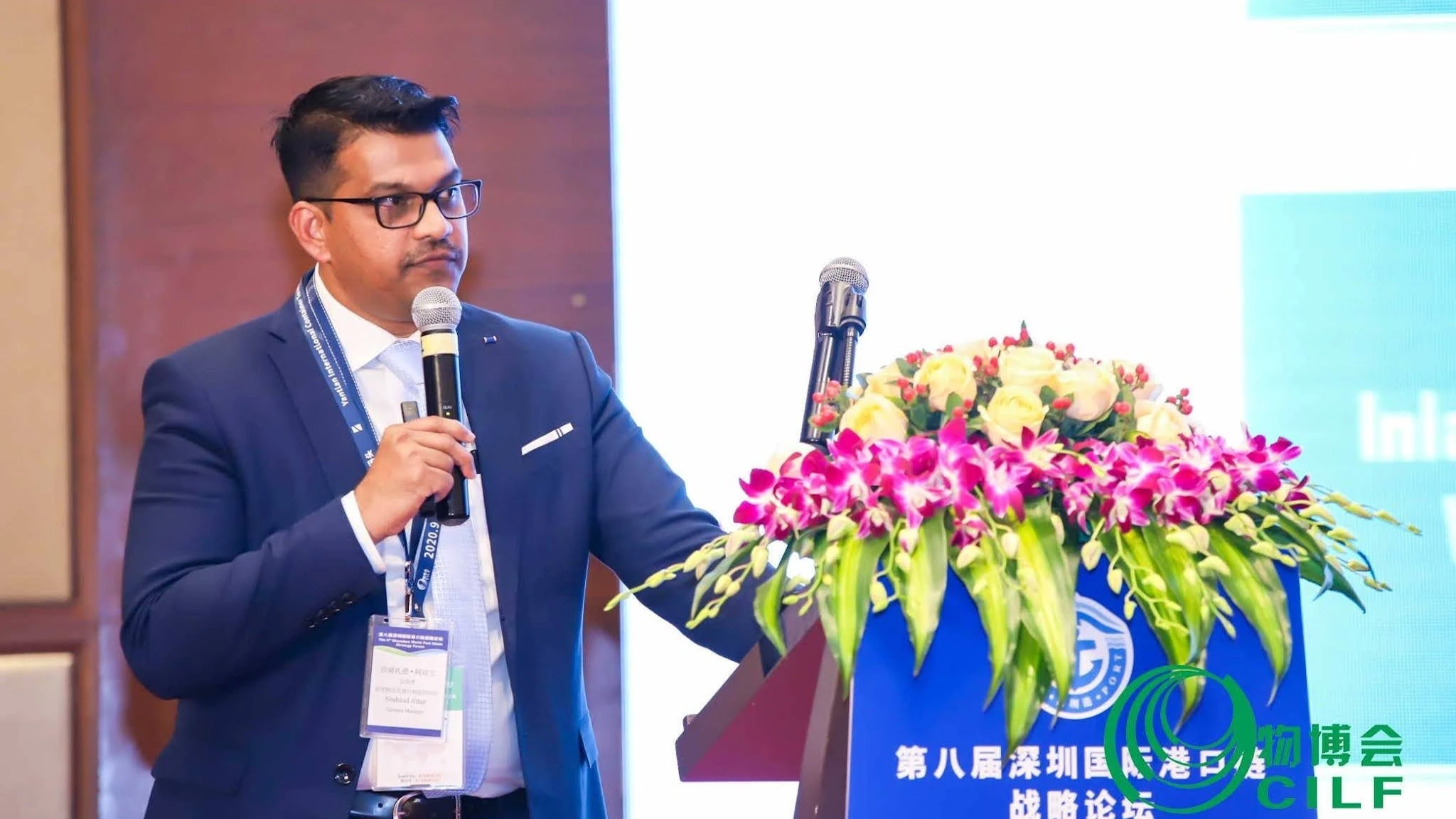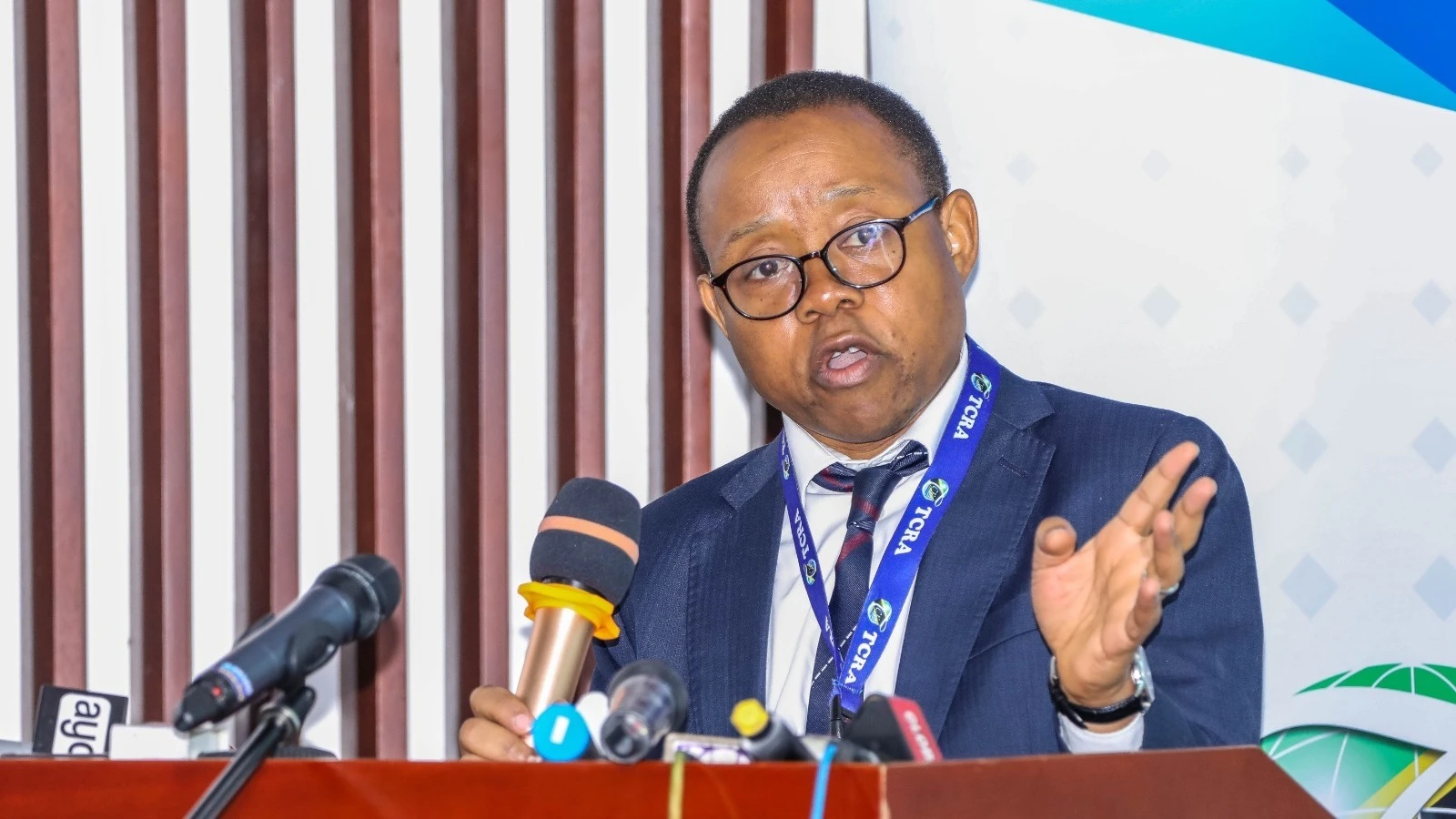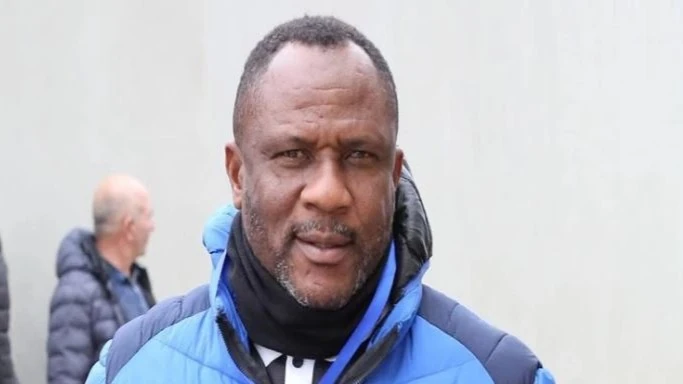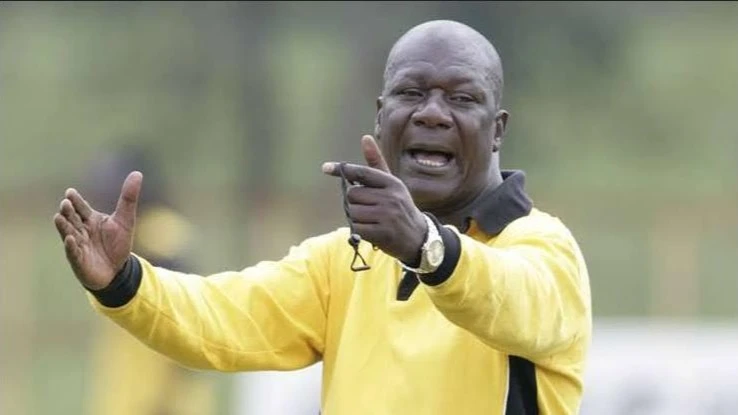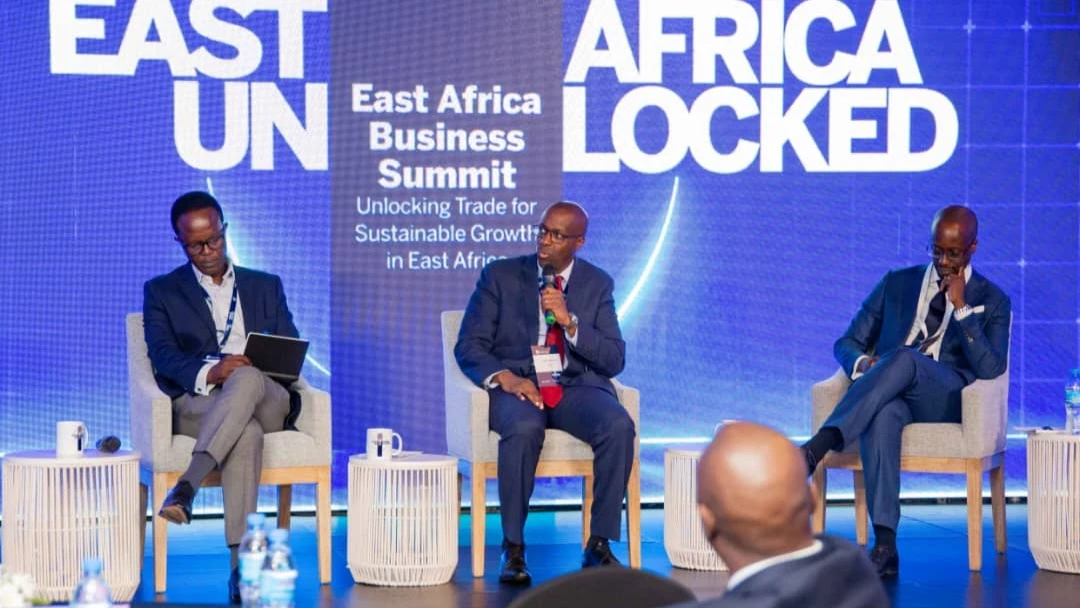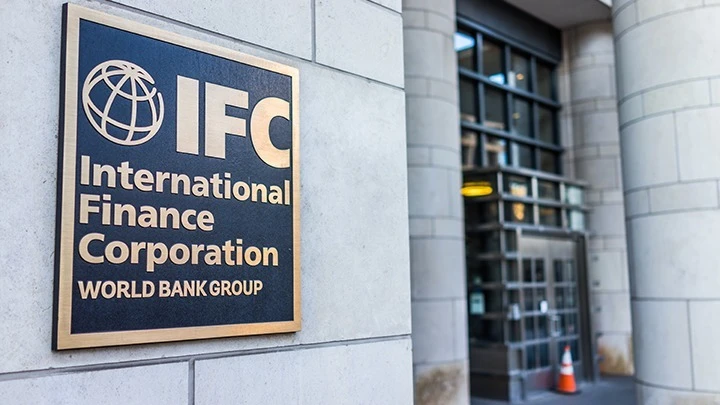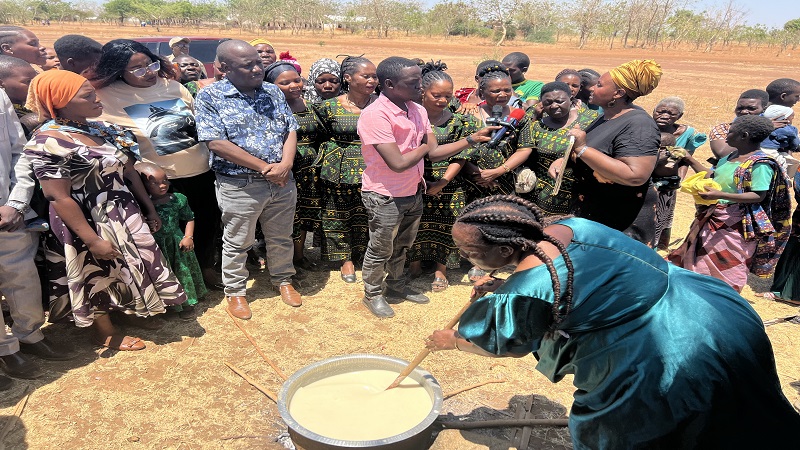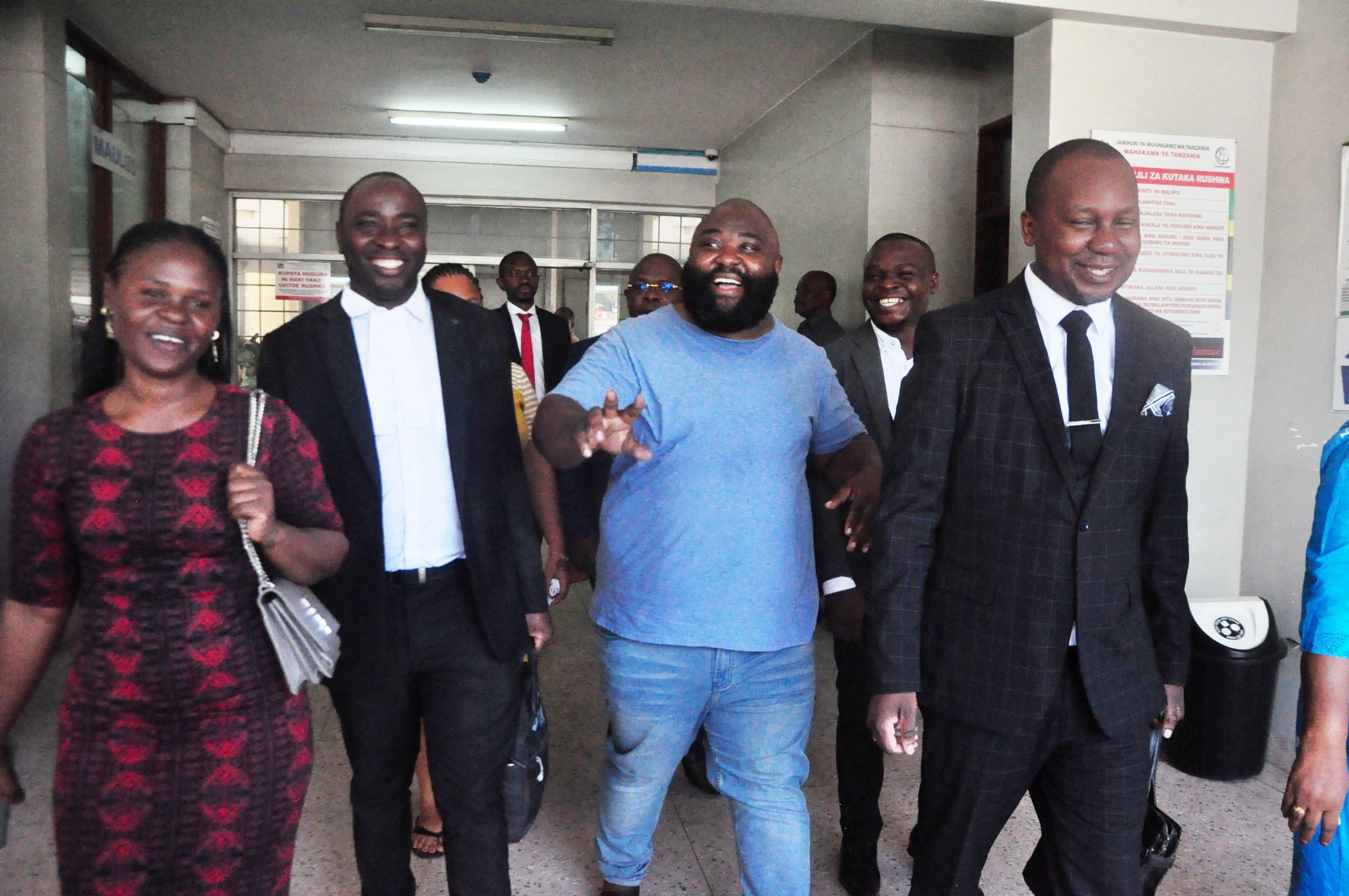EA leaders, experts call for strategic approach to integrate energy, trade
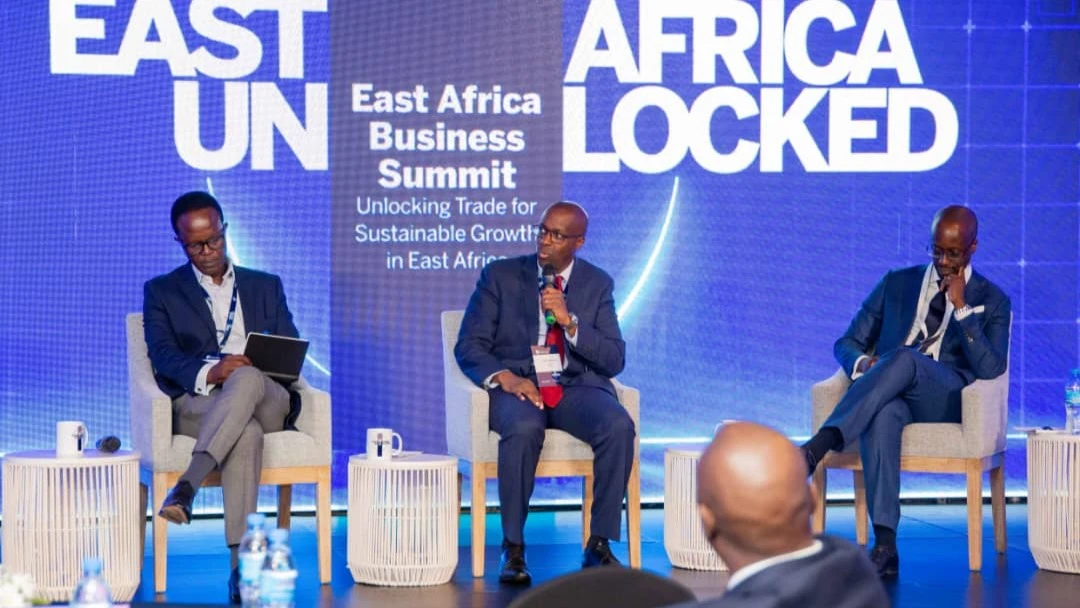
East African leaders and experts have called for a more strategic approach to integrating the region's trade and energy sectors.
They made this call during the recent East Africa Business Summit held in Dar es Salaam, emphasizing the need for stronger local content, value addition, and financial inclusion to ensure that the benefits of regional projects reach the grassroots level.
One key initiative that highlights both the promise and complexity of regional cooperation is the East African Crude Oil Pipeline (EACOP). This 1,443 km pipeline will transport crude oil from Uganda to Tanzania's Tanga port.
Paul Makanza, Vice Chair of the Tanzania Private Sector Foundation (TPSF), underscored the importance of public-private partnerships (PPPs) in financing such significant infrastructure projects.
"EACOP exemplifies what we can achieve through cooperation in sharing energy resources within East Africa. It also demonstrates the potential of collaboration between the private and public sectors in financing large projects," he said.
Makanza further noted that while EACOP represents a significant advancement in energy integration, the region must focus on enhancing its capacity to process and add value to its resources.
"The time for exporting raw materials is over. Unfortunately, we are still exporting raw crude oil, which means we are missing the opportunity for local value addition," he added.
Monica Hangi, Trademark Africa's Regional Director for East and Central Africa, expressed concern over the high compliance costs that push many businesses into the informal sector, limiting their access to financial services.
"We have a substantial amount of informal trade due to these high compliance costs. Most affected are women and youth. As we advocate for regional integration, we must address the challenges faced by these groups," she said.
Former Foreign Affairs Minister Liberata Mulamula emphasized the importance of digitization in alleviating trade bottlenecks at the region's borders.
"We are transitioning from a one-stop border post to a two-stop post, but in reality, it feels like we are at a full stop. Trade at our borders is hampered. How do we capture this informal sector and expand financial services for those involved? We need to address these issues to achieve meaningful regional integration,” she stated.
John Ulanga, who is currently involved in international trade and economic diplomacy at the Foreign Affairs and East African Cooperation Ministry, highlighted the need for a cohesive trade integration strategy.
“We need a clear strategy for the next five years of East African Community (EAC) trade integration. It's not just about trade; it’s about infrastructure, digitization, and ensuring that regional cooperation benefits everyone," he said.
Top Headlines
© 2024 IPPMEDIA.COM. ALL RIGHTS RESERVED











